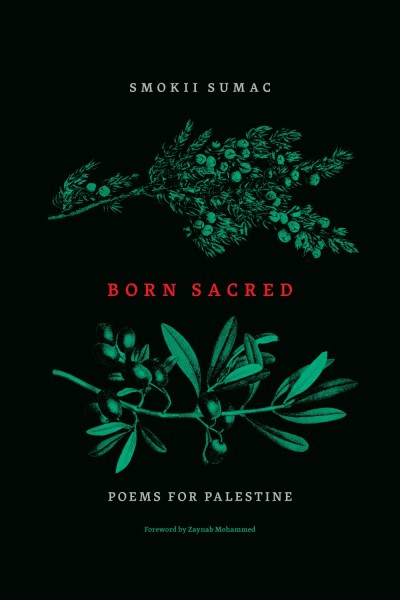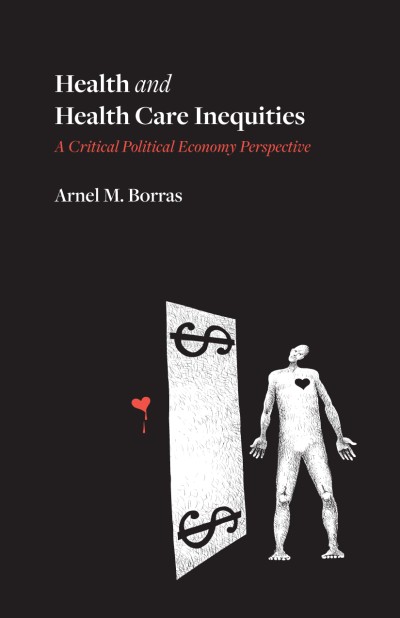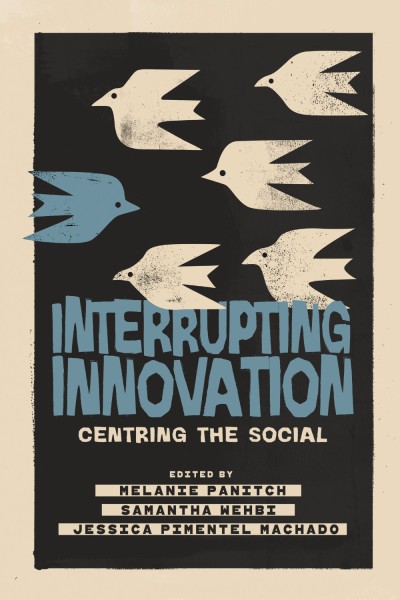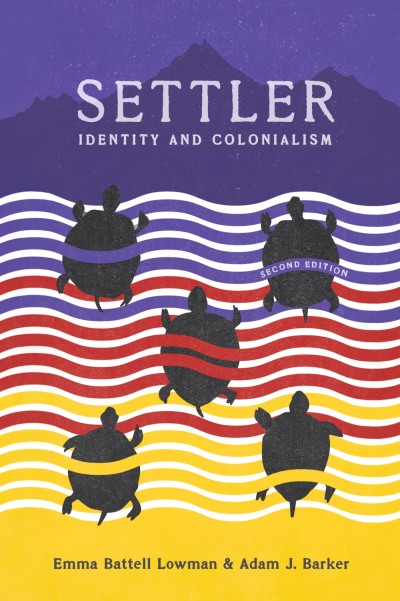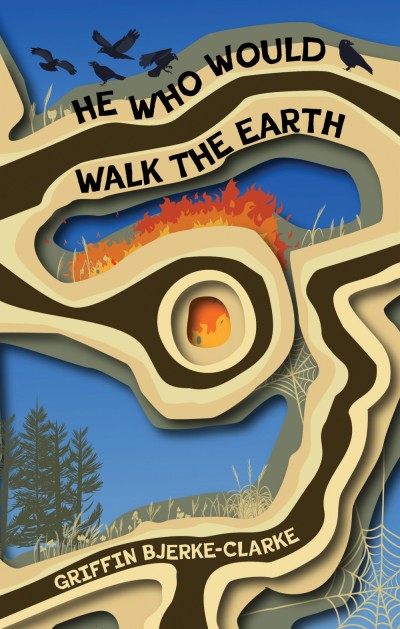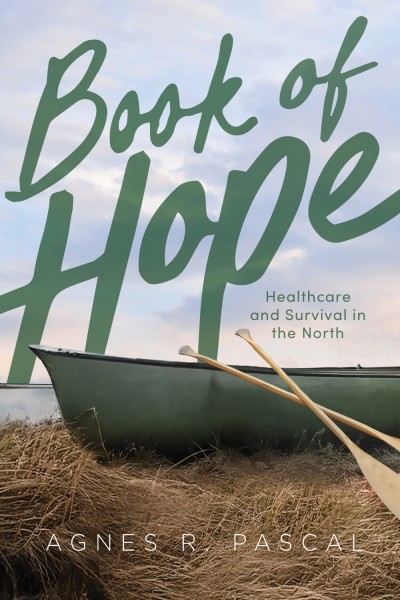
Kaandossiwin, 2nd Edition
How We Come to Know: Indigenous Re-Search Methodologies
Kaandossiwin renders Indigenous research methodologies visible and helps to guard other ways of knowing from colonial repression in academia.
About the book
Indigenous methodologies have been silenced and obscured by the Western scientific means of knowledge production. In a challenge to this colonialist rejection of Indigenous knowledge, Anishinaabe re-searcher Kathleen Absolon describes how Indigenous re-searchers re-theorize and re-create methodologies. Indigenous knowledge resurgence is being informed by taking a second look at how re-search is grounded. Absolon consciously adds an emphasis on re with a hyphen as a process of recovery of Kaandossiwin and Indigenous re-search. Understanding Indigenous methodologies as guided by Indigenous paradigms, worldviews, principles, processes and contexts, Absolon argues that they are wholistic, relational, inter-relational and interdependent with Indigenous philosophies, beliefs and ways of life. In exploring the ways Indigenous re-searchers use Indigenous methodologies within mainstream academia, Kaandossiwin renders these methods visible and helps to guard other ways of knowing from colonial repression. This second edition features the author’s reflections on her decade of re-search and teaching experience since the last edition, celebrating the most common student questions, concerns, and revelations.
Indigenous Resistance & Decolonization Research & Theory Social Work
What people are saying
Ruth Green, Kanien’kehá:ka, Haudenosaunee from Six Nations of the Grand River, York University“This second edition of Kaandossiwin is a beautiful continuation of conversations that Absolon started in the first edition. As a re-searcher, baker, tea drinker, and storyteller she seamlessly blends identity, theory, and practice into a model and concept that is unapologetically Anishinaabe brilliance. This work provides guidance that is grounded in responsibilities for re-search that is inherently tied to Indigenous worldviews. It is a gift to those that are behind so that their path is clearer as they walk as researchers, scholars and theorist. Nya:weh and Miigwetch.”
Gladys Rowe, MSW, PhD, Swampy Cree scholar and artist“This book is a deeply profound gift that I recommend every Indigenous searcher pick up and carry with them. Sitting with Minogiizhigokwe as she shares her learning and wisdom is like being welcomed in for tea with a strong Auntie hug while the warm bannock and her famous blueberry jam beckon you to sit. You feel loved, you feel seen, and in her sharing you gather the stories that remind you of the power you hold in your own ways of knowing, being, and doing. I have no doubt that this remarkable offering will produce ripples of impact for Indigenous community members, students, and colleagues for years to come.”
Christine Jamieson, Concordia University“Kathy Absolon’s second edition of her book Kaandossiwin: How We Come to Know is more real, more beautiful, more honest than the original 2011 edition, even though the original edition was real, beautiful, and honest. The second edition is not a mere replication of the first. Kathy Absolon worked hard to carefully revise all aspects of the original edition and the results are richer, deeper, more solid in her Anishinaabe identity and ways of knowing. For several years, I have used Kathy Absolon’s first edition for my course in Indigenous Spiritualty and her book has moved and inspired many, many students. The second edition will continue that trend yet, Absolon’s demonstration of its work in progress makes the second edition much more valuable. Thank you, Kathy Absolon, for your honesty and integrity. I and my students are continually inspired by your work. This second edition will enrich our understanding a hundredfold.”
Contents
- Part One: Preparation For The Search
- 1) An Introduction to Preparing for Re-Search: Having Tea & Bannock
- Re-storying and restoring location
- Restoring self: Locating My Self
- Decolonizing and Indigenizing My Re-search
- Language and Terminology
- Chapter Outlines
- 2) Indigenous Re-Search: Past, Present and Future
- Indigenous Peoples’ Cultural History and Research
- Oral Traditions and Narrative
- Indigenous Knowledge Resurgence: Shifting Landscapes
- Trailblazers: Re-searchers and their Searches
- 3) Colonial Research Trauma My Own Search: A Journey of Making Meaning
- 4) The Search Trail and Pathway
- Part Two: Wholistic Re-Search Methodologies
- 5) Wholistic Worldviews and Methodologies
- 6) The Roots: Paradigms, Worldviews and Principles
- Paradigms and Worldviews
- Principles
- 7) The Flower Centre: Self as Central
- Self
- Location
- Situate Self in the Search
- Memory
- Motive and Purpose
- Search for Congruency
- 8) The Leaves: The Methodological Journey
- An Organic Process
- Travelling
- Transformation
- Healing
- 9) The Stem: Backbone and Supports
- Critical Consciousness
- The Role of Critically Conscious Indigenous Scholars
- Indigenous Searchers’ Strengths and Supports
- 10) The Petals: Diverse Methodologies
- Spirit: Protocols, Ceremony and Honour
- Heart: Relationships, Reciprocity and Community
- Mind: Respecting Indigenous Knowledge
- Body: Doing, Working and Creating
- 11) The Enviro-Academic Context
- Fences and Gatekeepers
- Allied Theories
- The Committee
- Writing Oral Traditions and Other Ironies
- Thorny Prickly Challenges
- 12) Indigenist Re-Search Projects and Methodologies: The Last 10 Years
- 13) Leaving Good Footprints and Winding Down


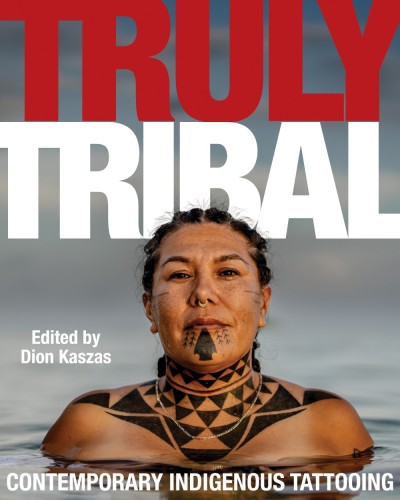
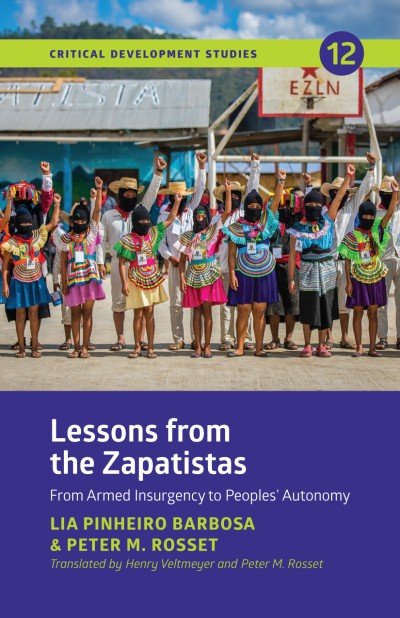
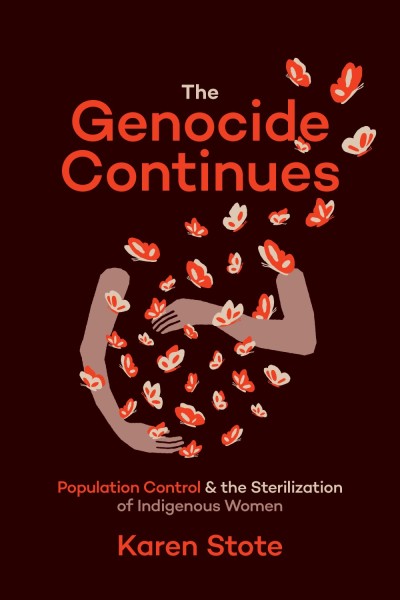
_cover-FINAL_400_600_90_s.jpg)
_cover_REV_400_600_90_s.jpg)
